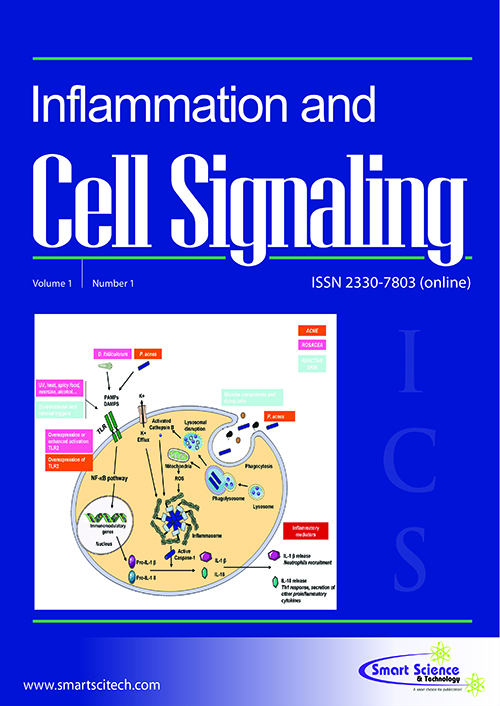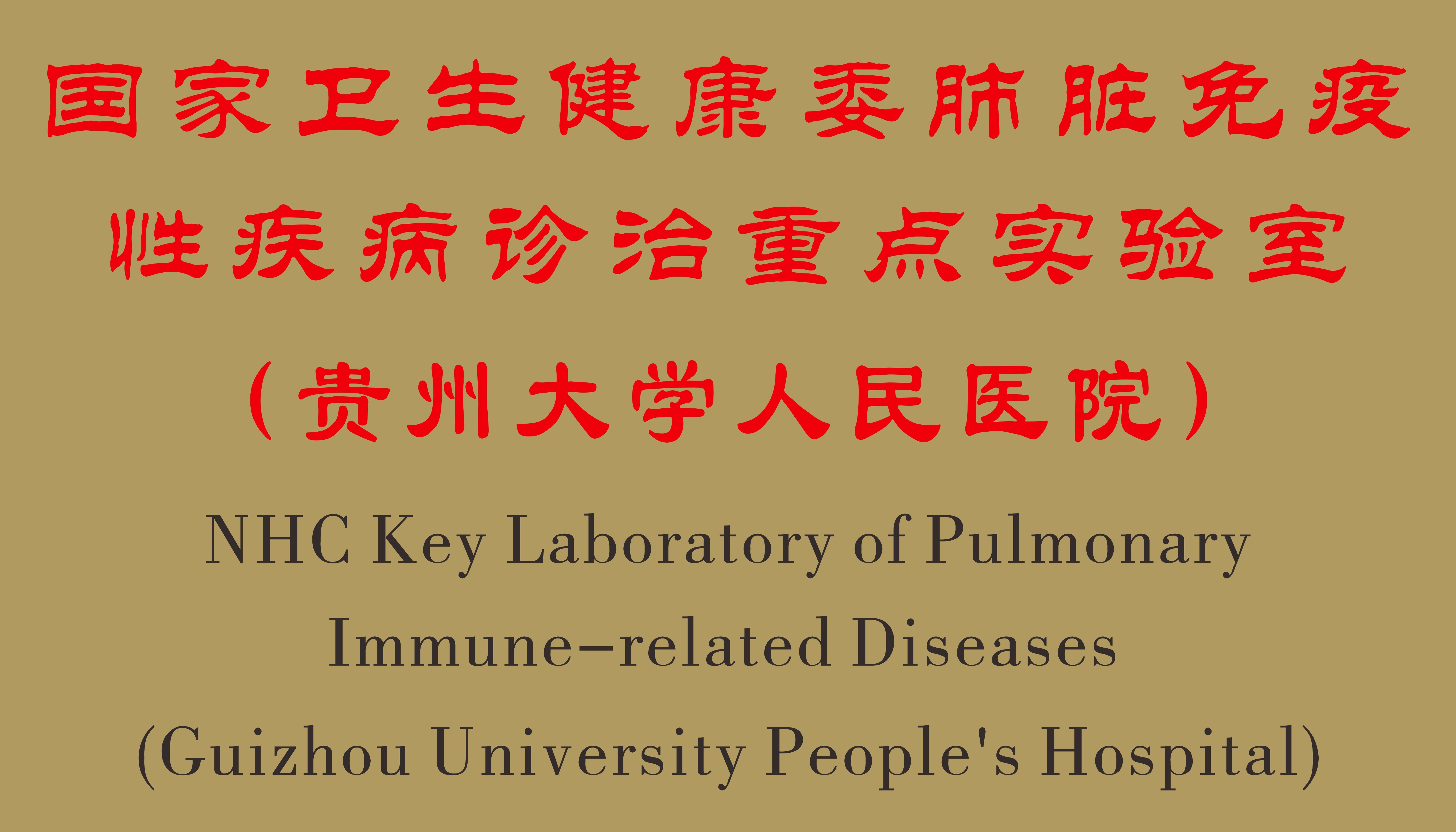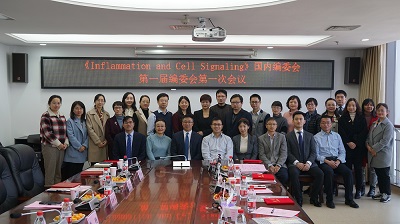Inflammation in cardiac disease: focus on Interleukin-33/ST2 pathway
DOI: 10.14800/ics.149
Abstract
Several studies have identified the importance of pro-inflammatory mediators in the development and progression of cardiac disease such as heart failure (HF). Recently, a number of studies from basic research have used gene expression, array screening, cloning, and other techniques to identify new cardiokines and cardiokine networks that are regulated during cardiac stress. IL-33, an IL-1 family member, binds to a ST2L, which is a member of the Toll-like receptor (TLR)/IL1R superfamily. The ST2 gene can encode at least two other isoforms in addition to ST2L by alternative splicing, including a secreted soluble ST2 (sST2) form which can serve as a decoy receptor for IL-33. Studies in animal models suggest that IL-33/ST2 is involved in cardiovascular disease and plays an important role in protection of cardiac muscle. Furthermore, sST2 is a promising biomarker predictive of worse outcome in several cardiovascular disease. Although manipulation of IL33/ST2 system is still in its infancy, it may be a unique opportunity to quench the inflammatory response after cardiac injury.














